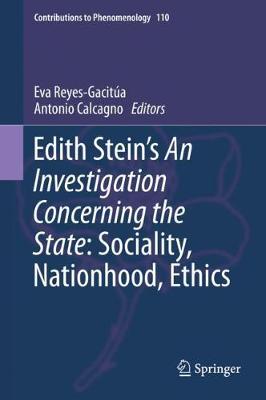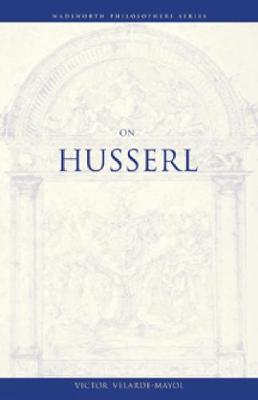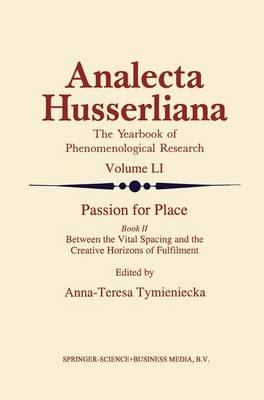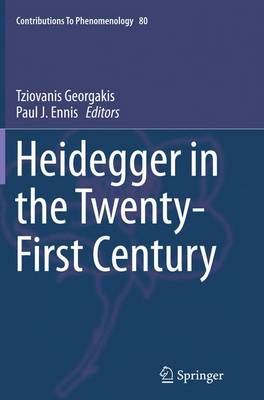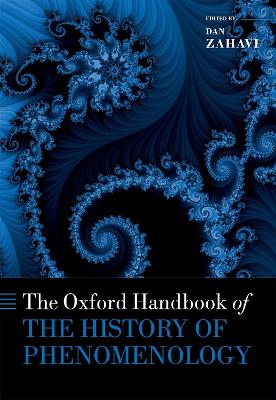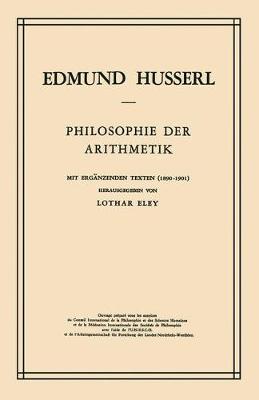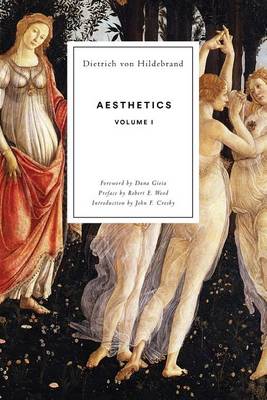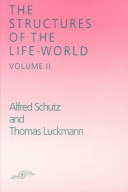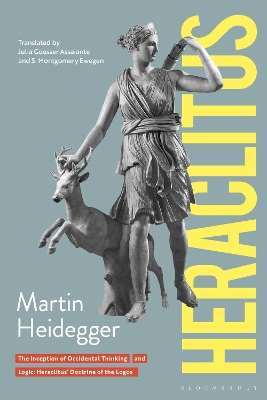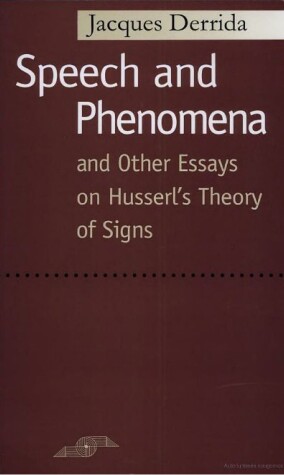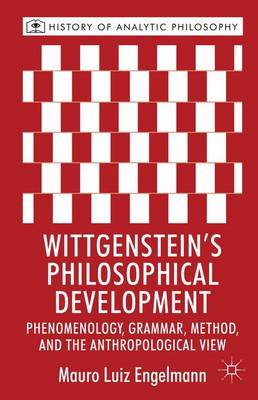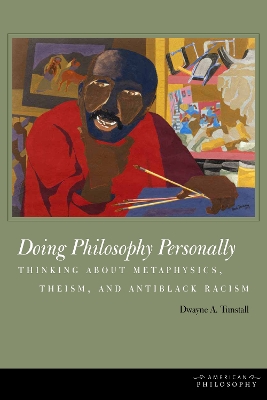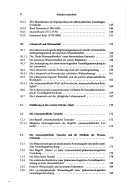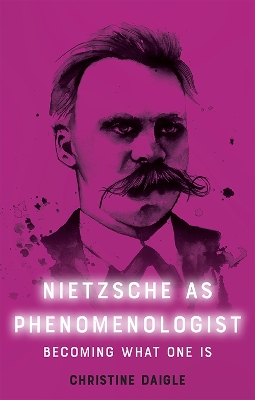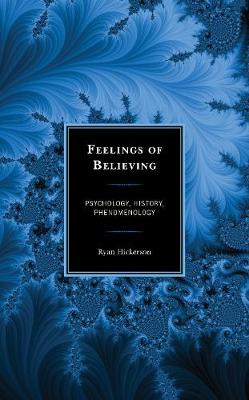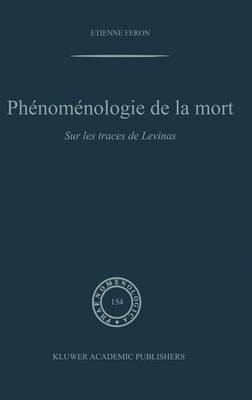This book explores Edith Stein's phenomenology of the state. It features chapters on the application of Stein's political philosophy to real issues and questions affecting nations today. The contributors also situate Stein's political theory within her larger philosophical corpus. The collection examines An Investigation Concerning the State from various angles. Scholars first consider some of the direct claims Stein makes about social and political ontology. They mine her work for its implicat...
This brief text assists students in understanding Husserl's philosophy and thinking so that they can more fully engage in useful, intelligent class dialogue and improve their understanding of course content. Part of the "Wadsworth Philosophers Series," (which will eventually consist of approximately 100 titles, each focusing on a single "thinker" from ancient times to the present), ON HUSSERL is written by a philosopher deeply versed in the philosophy of this key thinker. Like other books in the...
Passion for Place Book II (Analecta Husserliana, #51)
Among the multiple, subliminal passions that inspire our life in innumerable ways, literature shows us one that seems to play a particularly penetrating role in human concerns. This passion, which Tymieniecka calls an `esoteric passion', finds its projection and crystallization in space: it is the esoteric passion for space. This subliminal passion, investigated through literature, allows the philosopher to reach beneath the fallacious separations of nature, humanness and the cultural...
Heidegger in the Twenty-First Century (Contributions to Phenomenology, #80)
The current volume is comparative and inter-disciplinary, and it provides a reflection on what thinking might become after Heidegger's philosophy. Its aim is to critically expand the current field of research by presenting unfamiliar and unchartered avenues that will guide and carry the Heidegger scholarship into the twenty-first century. By doing so, it addresses fundamental questions in the Heideggerian scholarship, including its problems, restraints, and future direction. It also engages and...
The philosopher Stanley Cavell once asked, "Can a human being be free of human nature?" On Ceasing to Be Human examines philosophical as well as literary texts and contexts, in which various senses of Cavell's question might be explored and developed. During the past thirty or so years, the very concept of "being human" has been called into question within such fields as cybernetics, animal-rights theory, analytic philosophy (neurophilosophy in particular). This book examines these issues, but i...
History and Truth (Studies in Phenomenology and Existential Philosophy)
by Paul Ricoeur
In this volume, Paul Ricoeur investigates the antinomy between history and truth, or between historicity and meaning. He argues that history has meaning insofar as it approaches universality and system, but has no meaning insofar as this universality violates the singularity of individuals' lives. Imposing unity upon truth, or unifying the diversity of knowledge and opinion, creates a singular and universal history but destroys historicity and subjectivity. Allowing for singularities in history...
The Oxford Handbook of the History of Phenomenology (Oxford Handbooks)
This Oxford Handbook offers a broad critical survey of the development of phenomenology, one of the main streams of philosophy since the nineteenth century. It comprises thirty-seven specially written chapters by leading figures in the field, which highlight historical influences, connections and developments, and offer a better comprehension and assessment of the continuity as well as diversity of the phenomenological tradition. The handbook is divided into three distinct parts. The firs...
Logos of Phenomenology and Phenomenology of the Logos. Book One
by England) World Congress of Phenomenology (3rd 2004 Oxford
Philosophie Der Arithmetik (Husserliana: Edmund Husserl - Gesammelte Werke, #12)
by Edmund Husserl and L. Eley
Der Begriff der Zahl ist ein vielfacher. Darauf weist uns schon die Mehrheit verschiedener Zahlworter hin, die in der Sprache des gewohnlichen Lebens auftreten und von den Grammatikern unter 5 folgenden Titeln aufgefiihrt zu werden pflegen: die Anzahlen oder Grundzahlen (numeralia cardinalia), die Ordnungszahlen (n. ordinalia), die Gattungszahlen (n. specialia), die Wiederho- lungszahlen (n. iterativa), die Vervielfaltigungszahlen (n. multi- plicativa) und die Bruchzahlen (n. partitiva). DaB die...
Transformative Phenomenology captures the influence of phenomenology and hermeneutics on non-university-based scholar-practitioners who completed their doctoral education in later life, thus blending their workplace experiences with their intellectual interests. Contributions from seasoned university-based scholars expands our understanding of phenomenological inquiry in fresh ways. The concept of 'transformative phenomenology' springs from the long-term teaching and research experiences of Davi...
Touching at a Distance (Edinburgh Critical Studies in Shakespeare and Philosophy)
by Johannes Ungelenk
Heraclitus is the first English translation of Volume 55 of Martin Heidegger's Gesamtausgabe. This important volume consists of two lecture courses given by Heidegger at the University of Freiburg over the Summers of 1943 and 1944 on the thought of Heraclitus. These lectures shed important light on Heidegger's understanding of Greek thinking, as well as his understanding of Germany, the history of philosophy, the Western world, and their shared destinies.
Overcoming Onto-Theology (Perspectives in Continental Philosophy)
by Merold Westphal
Overcoming Onto-theology is a stunning collection of essays by Merold Westphal, one of America's leading continental philosophers of religion, in which Westphal carefully explores the nature and the structure of a postmodern Christian philosophy. Written with characteristic clarity and charm, Westphal offers masterful studies of Heidegger's early lectures on Paul and Augustine, the idea of hermeneutics, Schleiermacher, Hegel, Derrida, and Nietzsche, all in the service of building his argument th...
Speech and Phenomena, and Other Essays on Husserl's Theory of Signs (Studies in Phenomenology and Existential Philosophy)
by Jacques Derrida
In "Speech and Phenomena, " Jacques Derrida situates the philosophy of language in relation to logic and rhetoric, which have often been seen as irreconcilable criteria for the use and interpretations of signs. His critique of Husserl attacks the position that language is founded on logic rather than on rhetoric; instead, he claims, meaningful language is limited to expression because expression alone conveys sense. Derrida's larger project is to confront phenomenology with the tradition it has...
Gabriel Marcel’s reflective method is animated by his extraphilosophical commitment to battle the ever-present threat of dehumanization in late Western modernity. Unfortunately, Marcel neglected to examine what is perhaps the most prevalent threat of dehumanization in Western modernity: antiblack racism. Without such an account, Marcel’s reflective method is weakened because it cannot live up to its extraphilosophical commitment. Tunstall remedies this shortcoming in his eloquent new volume.
Die Transzendentale Phanomenologie ALS Philosophische Grundlagenforschung, (Erfahrung Und Denken, #70)
by Wolfgang H Gleixner
Christine Daigle explores Nietzsche's phenomenological method, a 'wild phenomenology', to elucidate his understanding of the human being as an intentional embodied consciousness, as a being-in-the-world and as a being-with-others. Establishing this phenomenological conception of the human allows her to revisit the Nietzschean notions of free spirit and the Overhuman and how they express the ethical and cultural-political flourishing Nietzsche envisions for human beings. Daigle shows that reading...
In Feelings of Believing: Psychology, History, Phenomenology, Ryan Hickerson demonstrates that philosophers as diverse as Hume, Descartes, Husserl, and William James all treated believing as feeling. He argues that doxastic sentimentalism, thereby, is considerably more central to modern epistemology than has standardly been recognized. When the empirical psychology of overconfidence and attention is brought to bear on the history of philosophy and the phenomenology of believing, all point toward...
Inspired by Levinas, but in constant dialogue with Heidegger, Feron considers death to be a phenomenon that lies within the reach of phenomenology. The act of the other's death is essentially a decease, a break affecting the identity. It forces man to consider the fundamental intersubjectivity inscribed in his temporality. Viewed in this way, death does not look merely like the term of life coming to an end. Nor is it a passage to somewhere beyond. Rather, it lies at the core of the act of relat...
